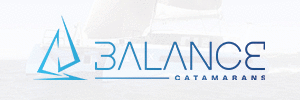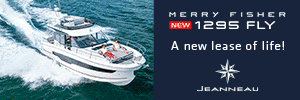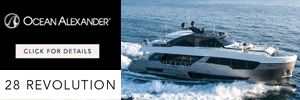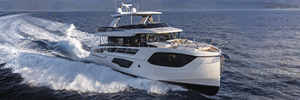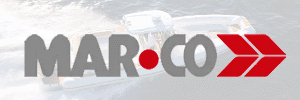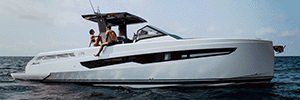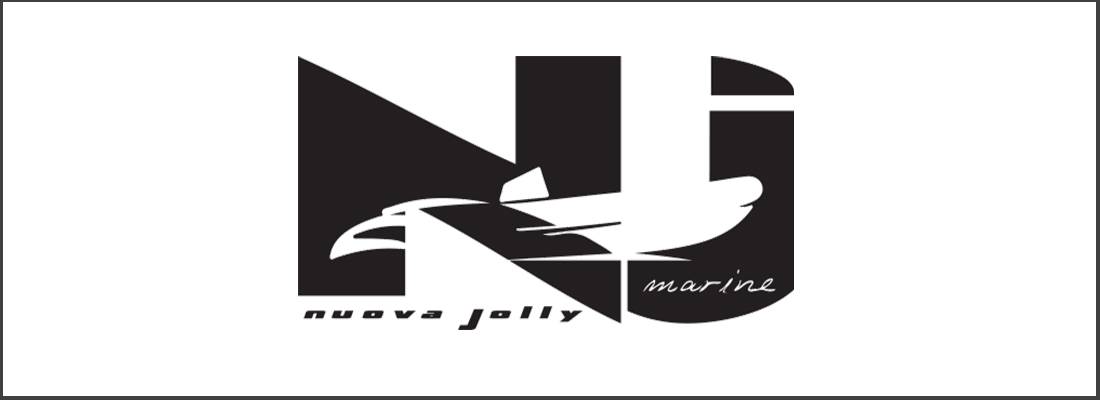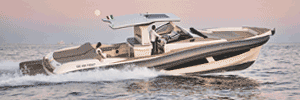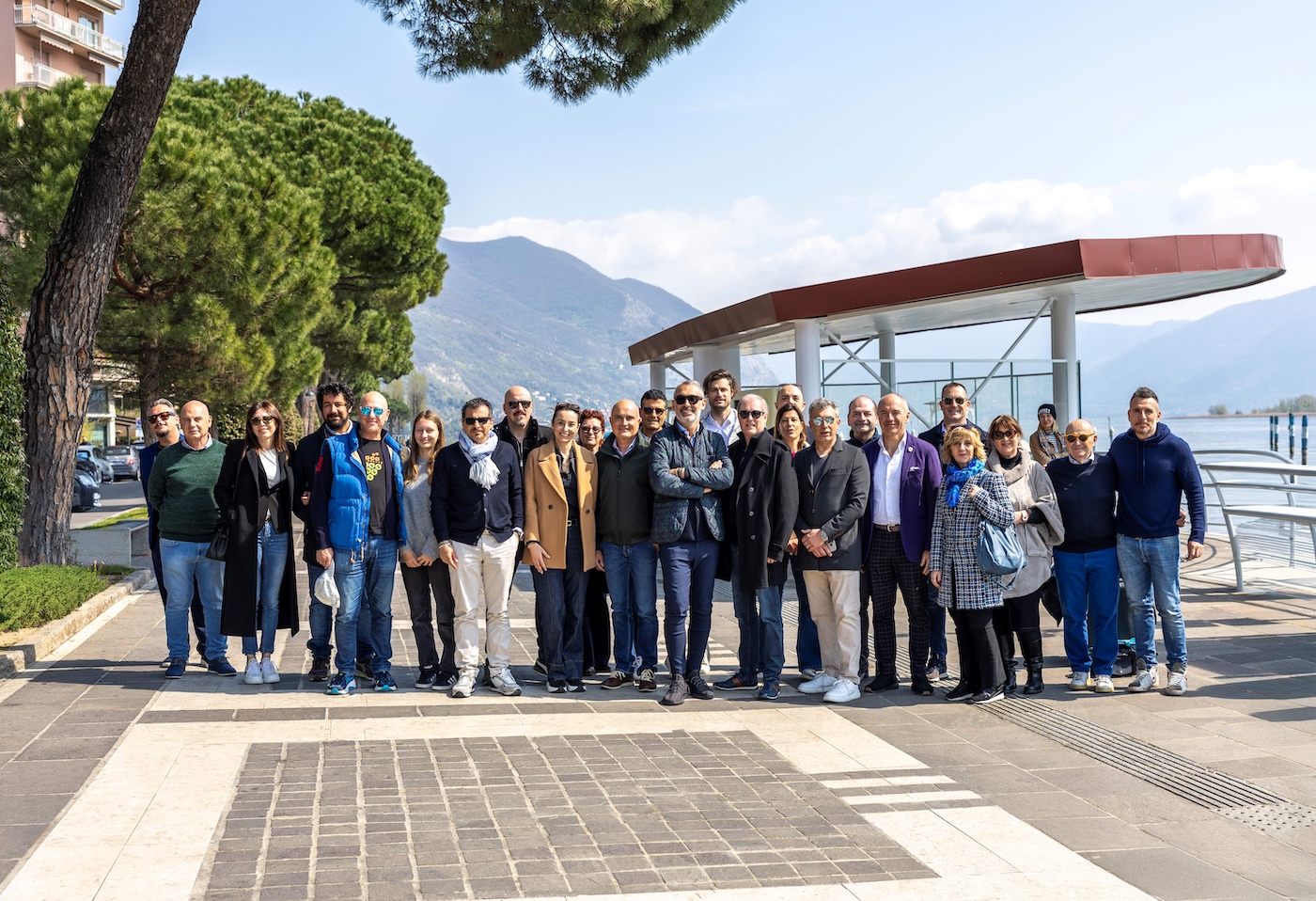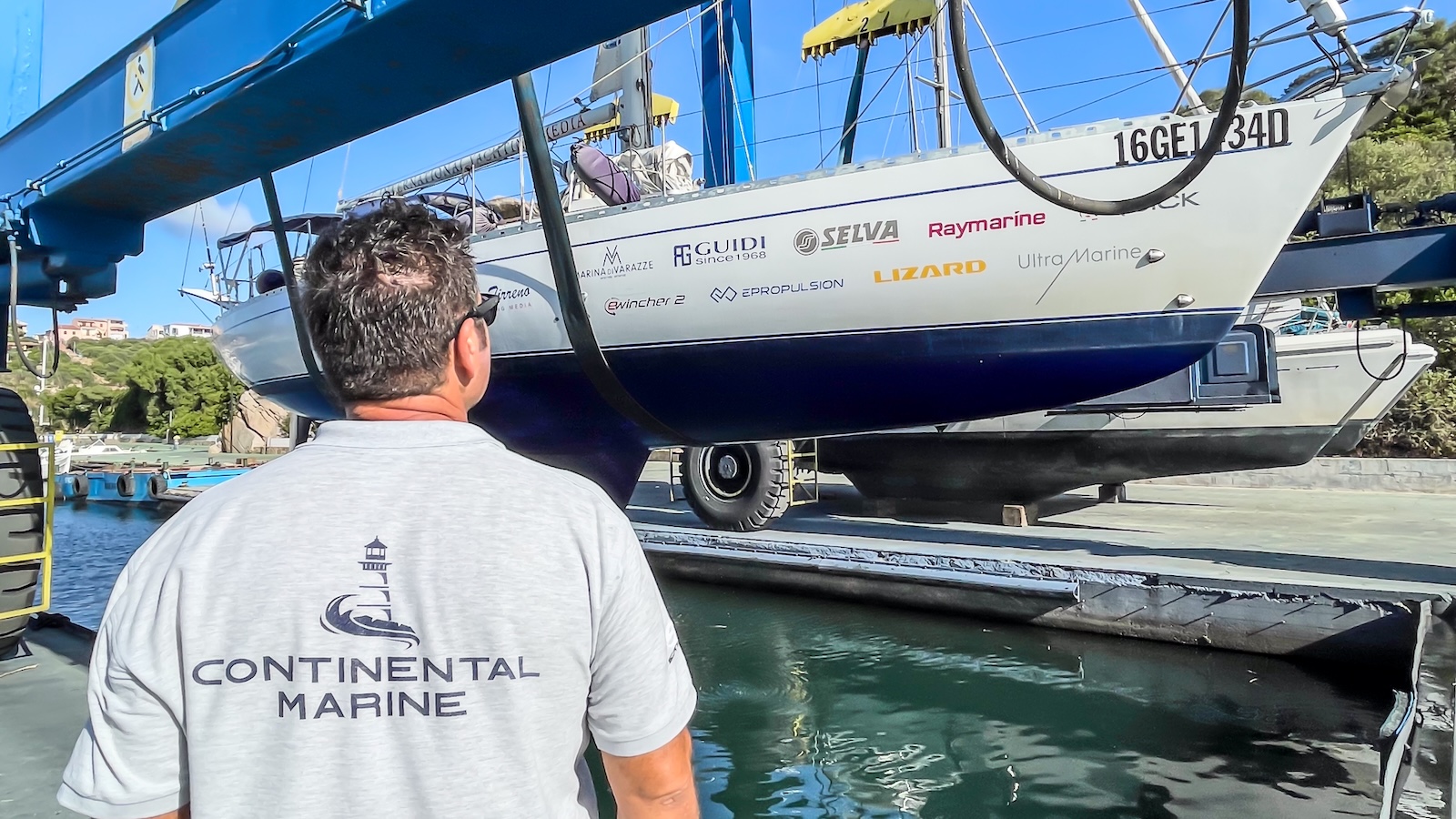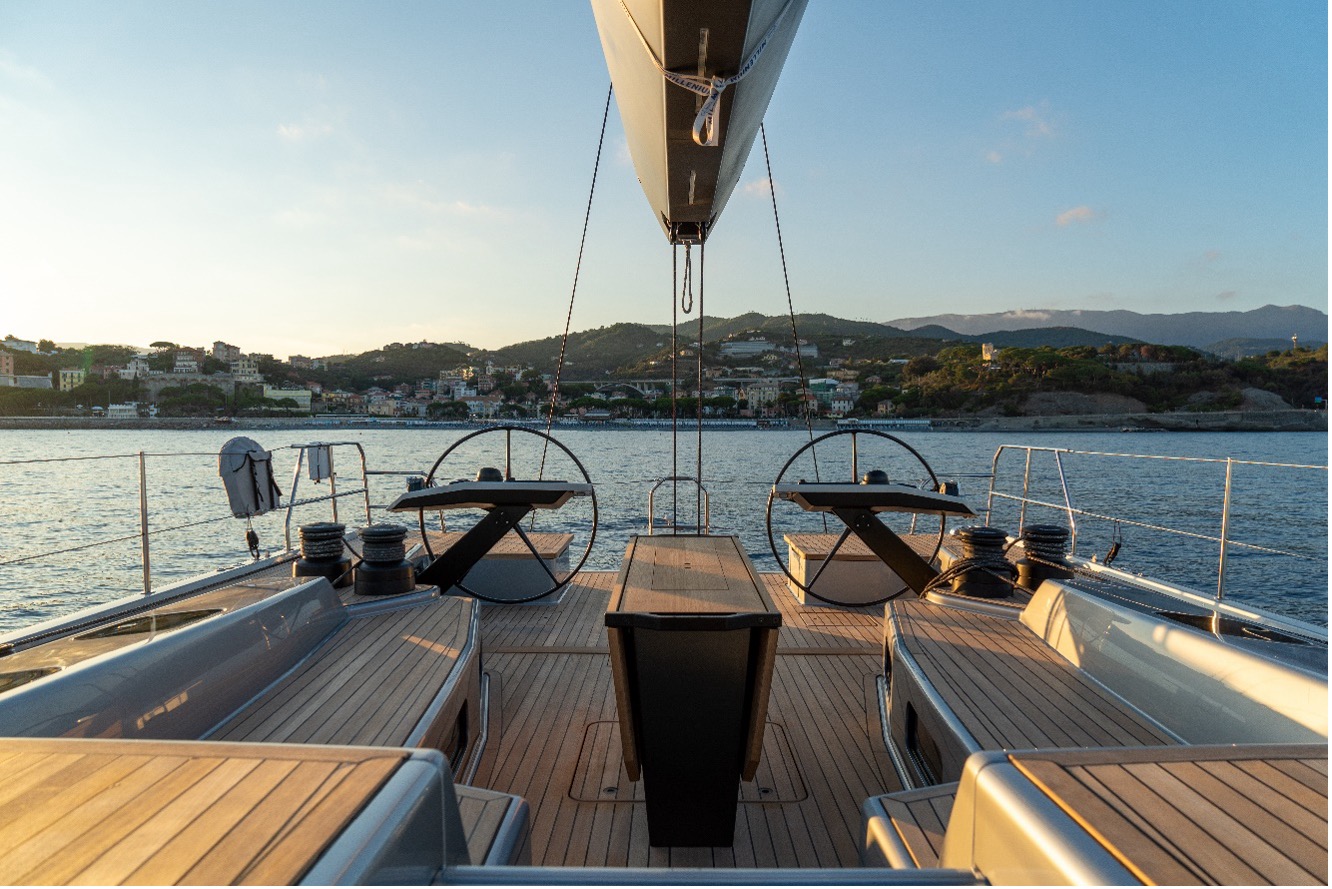In a globalised world, where we are constantly bombarded by an impressive number of information, one of the few ways to be heard or to engage emotionally and motivate a large number of people is a striking undertaking.
This is exactly what Braam Malherbe and Wayne Robertson must have thought when they decided to embark on a rowing expedition in the southern Atlantic. The challenge is not a novelty. The Italian sailor Alex Bellini had already crossed the Atlantic and the Pacific on a boat where the only propulsion was in the strength of his arms. In this case, rowers are two and they will alternate their 2 hours shifts for about three months to row from Cape Town to Rio de Janeiro.

Sailed off on February 7th from Cape Town, after more than one month of postponements due to adverse weather conditions and the surrender of Clyde Barendse, then replaced by Robertson, the two sailors are not looking for a record or personal glory: they are the bearers of a message. As claimed by Malherbe on his website: ” We’re committing a crime against humanity every day since we’re exhausting the limited resources of our planet (…); we’re compromising the future of our children”. However, Malherbe and his expedition partner are convinced that a solution to the problem is possible; hence, the “DOT Challenge” idea which should result in a wave of opinion.

DOT stands for “Do One Thing“. A single action in favor of the planet doesn’t sound a big deal but, if shared by 7 billions human beings, that’s something different.
Consistent with their cultural background (Malherbe is an environmentalist who has already experienced extreme challenges close to nature while Robertson, who owns a shipyard, shares his environmental commitment and, in his turn, is often involved in extreme sports), Braam and Wayne have identified four environmental categories where each single action can make the difference: Water, Waste, Environment and Energy.
It will be an App that can be downloaded from the DOT website which will provide the opportunity to take a useful single action everyday and make possibile the inexorable change of habits. Close the water tap or turn off the light when not needed, avoid to use straws or eliminate the daily waste of food will be all ideas which, in the hopes of the two ocean rowers, will involve more and more people all around the world. In their turn, people can suggest their own DOT, which will gain “scores” as someone will join it and so on.
The engine of the initiative is motivation and, beyond their fatigue, Braam and Wayne have already had to face a storm on their 22nd day of crossing, together with all the foreseeable troubles that a travel like this entails. Their motivation and commitment for 6,700 km want to give strength to all those who will decide to join the DOT initiative.
The challenge is conducted in the absence of any form of assistance, on a boat of 6.8 metres, where only the bow section is equipped with a little berth where the two rowers can have a rest or find a shelter during storms, when the boat can’t be steered with oars and only the floating anchor ensures stability. Because of the evident space restrictions of the boat, food is freeze-dried and water is supplied by a single water-maker. Electricity, needed for systems and communications, is provided by some solar panels that constantly power the two on-board batteries.
Right now, the two sailors are in the middle of South Atlantic. They have already got and passed the latitude of Rio and they’re rowing to South-West, to the Brazilian city. The final destination is still 3,124 km away.

